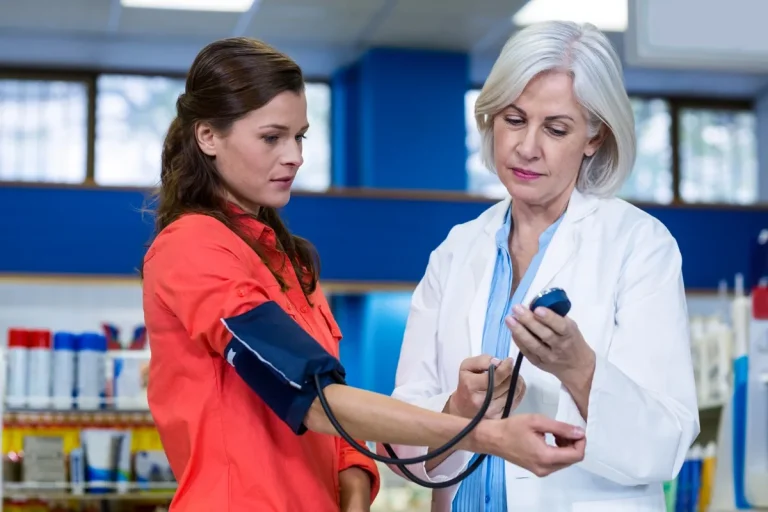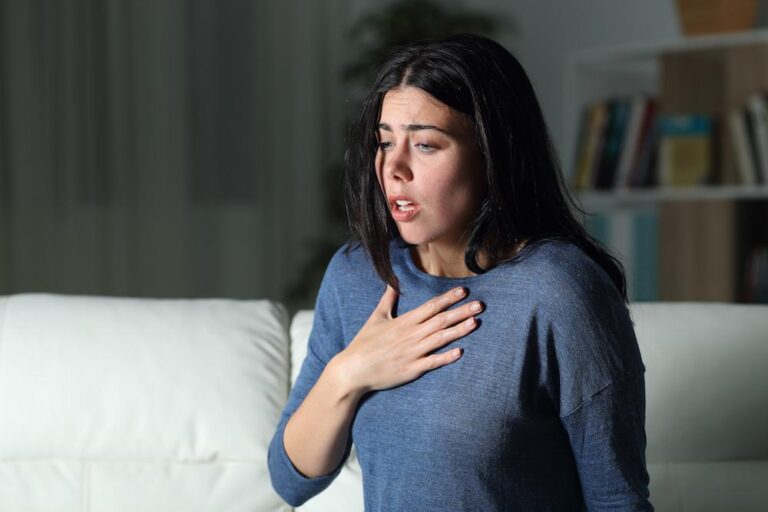High blood pressure is caused by too much force exerted by blood against artery walls. 50% of American adults have high blood pressure and about 24% of those who have been diagnosed with the illness have it under control, according to the Centers for Disease Control and Prevention (CDC). The question arises where to go for the treatment of high blood pressure.
Patients with hypertension should visit their primary care physician on a regular basis, but these practices are often booked well in advance and aren’t a feasible option when you need help urgently. A visit to an urgent care center can solve that problem. Specialty Care Clinics provide walk-in treatment for urgent care conditions such as high blood pressure. Our specialists are there to help you with proper guidance and medications.

WHAT ARE THE CAUSES OF HIGH BLOOD PRESSURE?
You are at risk for high blood pressure if you are inactive, obese, and have diseases such as diabetes. Adults with kidney illness, lupus, hyperthyroidism, hypothyroidism, and obstructive sleep apnea are more likely to develop hypertension.
Hypertensive crisis
A hypertensive crisis is when your blood pressure suddenly and significantly increases. This situation is rare, some people may feel severe symptoms in this condition, while others won’t.
A hypertensive crisis happens when the blood pressure level rises to 180/120 mm Hg or above. Its symptoms include shortness of breath, chest pain, changes in vision, numbness, and difficulty speaking.
If you experience fatigue, nausea, vomiting, confusion, anxiety, chest pain, or stroke seek medical attention immediately.
A hypertensive urgency, on the other hand, occurs when your blood pressure is 180/120 mm Hg or higher without seriously affecting your organs. You can control this situation as it is not severe by taking proper medication.
Treatment options for hypertensive crisis
In order to treat a hypertensive crisis quickly and effectively, the majority of doctors will choose an intravenous (injectable) drug. It reduces blood pressure by 25% within the first two hours. Once you are stable, your doctor will give you oral antihypertensive medicines. Doctors will prescribe different medications if you are pregnant, or have an underlying medical condition.
WHEN TO VISIT A DOCTOR
Sometimes, hypertension may turn into an emergency that needs to be treated right away. A blood pressure reading higher than 180/120 is typically regarded as a hypertensive emergency and can increase the risk of stroke and heart failure, which increases the likelihood of organ failure or death. Although not all cases of life-threatening hypertension result in visible symptoms, some people may experience headaches, nosebleeds, or shortness of breath.
If you experience any of the following symptoms, which could indicate organ damage, seek emergency care right away :
- Shortness of breath
- Chest pain
- Severe headache
- Difficulty speaking
- Changes in vision
- Numbness

HOW TO REDUCE HIGH BLOOD PRESSURE?
- Stay active:– It is recommended for people with hypertension to exercise at least 150 minutes per week at a moderate intensity or 75 minutes per week at a high intensity. Cycling, running, walking, aerobics, and swimming are a few good activities.
- Limit salt intake:– The consumption of more sodium raises blood pressure to extremely high levels.
- Maintain a healthy weight:– Weight and blood pressure are related. People with obesity or overweight conditions can lower their blood pressure by losing even 5 or 10 pounds.
- Manage your stress:– Blood pressure increases temporarily due to stress.
- Limit alcohol:– Excessive amounts of alcohol can cause health issues such as high blood pressure and it also reduces the effectiveness of certain blood pressure medicines.
- Quit smoking:– Your blood pressure will temporarily rise after smoking each cigarette for several minutes. Your blood pressure may remain high for a long time if you smoke regularly.
